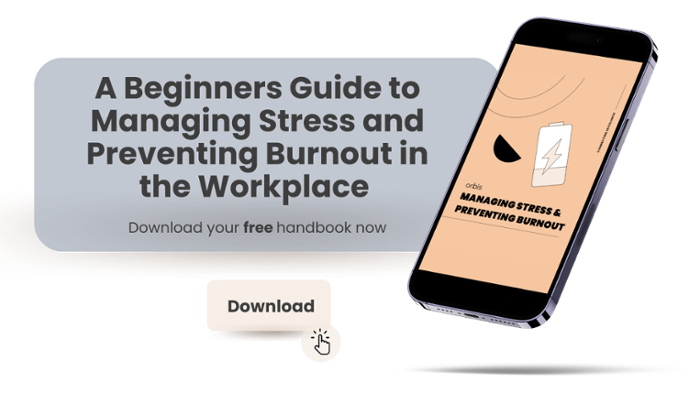
When we think of burnout, it’s usually associated with how our work and professional life is affecting us on a day-to-day basis. However, burnout can creep up on us because it can come from any part of our life, inclusive of your social life.
What is social burnout?
“Much like regular burnout, it consists of feeling stressed, anxious, overwhelmed, irritable, and disconnected. It describes the feeling that no matter how much we do socially, we can’t keep up and end up feeling drained.” - Psychology Today
The reality is, the way we interact with each other has changed rapidly, especially over the past decade. We are connected more than ever before: social media, smartphones, and even working remotely comes with continuous connectivity. We are accessible pretty much at all times, and it’s not considered “normal” to have this level of accessibility. If we go back twenty or even twenty-five years, the most connectivity we had was the trusty home phone, plugged into the wall and unable to be used in conjunction with dial-up internet.
Now, we have 10+ messaging apps to choose from, TikTok, Instagram, Twitter, Facebook, and LinkedIn - the choices are quite literally, limitless. So, there’s an element of social burnout that can happen purely from using social media. We have everybody’s lives thrown into our faces at all times - we know who is married, had a child, or got a promotion - all in real time. Equally, we are reachable across multiple platforms.
This creates an overwhelming environment for many of our minds - as just when we think we can switch off from our work life, our social life is there to be dealt with immediately after we log off. Social burnout can be particularly prevalent in individuals who don’t have their whole social circle nearby - which then results in a lot of travelling and physically moving around a lot to ensure that they can keep up with social plans.
What can social burnout look like?
A depleted “social battery”
If you find that the thought of spending time with friends (no matter how much you enjoy their company) fills you with dread, then you may be dealing with a poor social battery.
“Essentially, social battery is the amount of energy a person has for socializing. The size of someone's social battery and what activities deplete and recharge it varies from person to person.”
There are certain social situations which will energise your social battery and others that will leave you feeling drained and tired. Only you know what does and doesn’t energise you, so if you’re struggling with your social battery - you have to be mindful about who and what you spend your social time on.
Not enough time for yourself
All of us need alone time. Whether it’s to do life admin and feel like we have our lives “together” or take yourself on a solo coffee date to read a book, alone time is key. Some of us need more alone time than others to feel balanced, and not having enough time for ourselves can lead you to feel like you’re treading water or that you have no time to process your thoughts. Whether it’s to do with our work, romantic or social lives - alone time gives us the opportunity to assess our levels of joy and in essence, keep ourselves in check.
Tiredness/irritability around friends and family
Similar to social battery, simply just feeling tired or irritable around friends and family (those who are supposed to be our nearest and dearest) can be an indicator that you’re socially burned out and need time to yourself. Notice how you feel when you’re around certain people and decipher why you feel the way you do. Is it because you’re not enjoying their company (for whatever reason) or is it because you feel burned out?
How can we combat social burnout?
Prioritise
Packing your social calendar and trying to fit everybody in just isn’t feasible, and it’s going to make you incredibly exhausted in the long run. Try and prioritise who you’re seeing socially and also, put yourself first. There is nothing wrong with being selfish and looking after yourself before you give your time to anybody else. If you know you can’t be your full, happy self when socialising - don’t do it!
Ensure that if you’re travelling a lot, that it’s reciprocated
Especially if your friends live all over the country, don’t spend all of your time consistently going to see them, try and find halfway points or ensure that there’s an equal effort from both sides. Otherwise, resentment can build up and also you’ll find that the majority of your free time is spent travelling here, there, and everywhere!
Socialising doesn’t need to always be in person
If the thought of socialising in person doesn’t fill you with joy, you can always suggest a phone call, facetime, or rescheduling for when you do have the energy. A great friend and social circle will understand your needs and want you to feel energised and comfortable when it comes to socialising. We all have busy lives, and sometimes you just need a weekend to yourself to recharge - whilst still being able to give some time to friends, just not in person.



